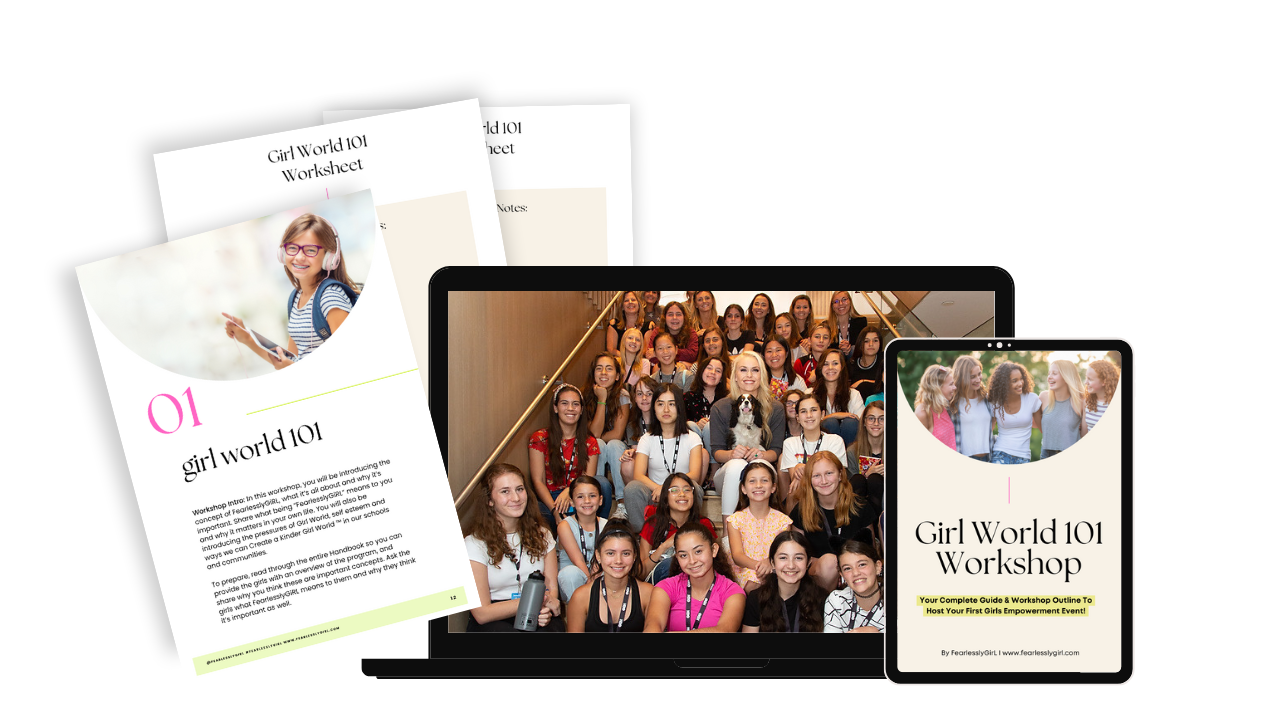Essential Skills Every Teen Life Coach Needs to Succeed
Apr 29, 2024
Coaching teenagers can be both challenging and rewarding. As a teen life coach, you play a crucial role in shaping young minds during their formative years. However, to effectively guide and support these young individuals, you need a unique set of skills. This blog post will explore the essential skills every teen life coach needs to succeed, ensuring that you can provide the best support and encouragement to help your teenage clients thrive.
1. Empathy
Empathy stands at the heart of effective teen life coaching. It involves more than merely understanding or sympathizing with the challenges teenagers face; it requires you to place yourself in their shoes, feeling their emotions and understanding their perspectives as if they were your own. This deep connection builds a trust-based relationship, essential for effective coaching. Empathetic coaches are adept at sensing underlying issues that teens might not directly express and can tailor their guidance to address these deeper concerns. Developing your empathetic skills can involve active listening, patience, and a non-judgmental approach that encourages teens to open up and share their true feelings without fear of criticism or dismissal.
2. Communication
Effective communication is a two-way street, especially in coaching relationships with teenagers. It involves clear expression of ideas and also being an attentive listener. Coaches need to master the art of asking open-ended questions that prompt deeper reflection and discussion, rather than simple yes-or-no answers. This skill ensures that the teen feels genuinely heard and valued, which can significantly boost their willingness to engage in the coaching process. Moreover, non-verbal communication plays a crucial role. Being aware of and responsive to body language, eye contact, and facial expressions can provide deeper insights into a teen’s feelings, which might not be explicitly communicated through words. Coaches should also adapt their communication style to suit the individual teen, which might mean using more contemporary language or references to connect effectively.
3. Patience
Working with teens requires a substantial amount of patience. This developmental stage is often marked by searching for identity and experiencing rapid emotional changes. A teen life coach must be patient when progress seems slow or when a teen appears to regress instead of moving forward. Sometimes, coaching sessions might feel repetitive or stagnant as teens work through their issues at their own pace. Patience also means being persistent and consistent in your approach, providing a stable influence in their often chaotic lives. This consistent, patient support helps teens feel secure enough to take risks and make changes, knowing they have a supportive coach to back them up.
4. Adaptability
Adaptability in teen life coaching means being flexible and responsive to the unique needs and personalities of each teen client. Teens come from diverse backgrounds and experiences, influencing how they perceive challenges and respond to guidance. An adaptable coach is skilled at adjusting techniques, communication styles, and strategies to better align with the individual preferences and learning styles of their clients. This could mean switching from a more directive approach to a more collaborative one or incorporating elements that resonate more personally with the teen, like music, art, or technology. Adaptability also involves being prepared to shift focus based on the evolving priorities and interests of the teen, which are likely to change as they grow and learn more about themselves.
5. Problem-Solving
Effective problem-solving involves guiding teens to identify the root causes of their challenges and develop practical solutions. This skill is crucial in helping teens navigate the complexities of their social, academic, and personal lives. A teen life coach assists in framing problems in manageable terms, brainstorming potential solutions, evaluating the pros and cons of each, and deciding on the best course of action. This collaborative process not only solves immediate problems but also equips teens with lifelong problem-solving skills. Coaches should encourage creative thinking and help teens see problems from various angles, fostering a mindset that views challenges as opportunities for growth rather than obstacles.
6. Confidence Building
Building confidence is essential for adolescent development. A teen life coach helps in fostering a sense of self-assuredness by setting achievable goals and celebrating successes, no matter how small. Confidence-building activities might involve role-playing to practice social interactions, setting personal challenges that stretch their capabilities, or working on positive self-talk to combat negative thinking patterns. It’s also important to provide constructive feedback that focuses on effort and improvement rather than just outcomes. By nurturing a growth mindset, teens learn to value their progress and are encouraged to take on new challenges, knowing that their efforts lead to improvement and that setbacks are part of the learning process.
7. Knowledge of Teen Development
A deep understanding of teen development is crucial for any life coach specializing in this age group. This knowledge encompasses physical, emotional, cognitive, and social changes that teenagers experience. Recognizing the typical milestones and challenges of this developmental stage can help coaches tailor their approach to be age-appropriate and effective. For instance, understanding cognitive development helps in crafting strategies that align with teens' increasing capacity for abstract thinking and moral reasoning. Similarly, being aware of the emotional volatility that can accompany hormonal changes during adolescence informs a coach’s approach to emotional regulation strategies. A well-informed coach can also better communicate with parents, providing insights into the normalcy of their teen's behaviors and offering guidance on how to support their growth at home.
8. Ethical Integrity
Ethical integrity is paramount in teen life coaching, as it involves working with a vulnerable age group that requires additional protections. Coaches must adhere to strict confidentiality agreements, ensuring that the personal information and discussions shared by teens during sessions are kept private. They must also maintain professional boundaries, avoiding dual relationships that could impair their judgment or bias their professional interactions. Moreover, ethical coaches are committed to the best interests of their clients, advocating for their needs and welfare above all else. They should also be prepared to refer a client to other professionals when the teen’s needs exceed the coach's scope of practice, such as requiring mental health treatment for clinical issues.
9. Cultural Sensitivity
Cultural sensitivity is increasingly important in a globalized and diverse society. Teen life coaches need to be aware of and respectful toward the different cultural backgrounds and values of their clients. This competency involves understanding cultural dynamics that might affect a teen's behavior, such as perceptions of authority, familial obligations, or communication styles. It also requires an awareness of potential cultural biases and stereotypes that could influence the coaching relationship. Coaches should strive to create an inclusive environment that respects and celebrates diversity. By incorporating culturally relevant practices and showing respect for different traditions and values, coaches can build stronger, more effective relationships with their teen clients, ensuring that their coaching methods are not only respectful but also truly resonate with the teens they aim to help.
Mastering these skills will not only make you more effective in your role as a teen life coach but also ensure that you can genuinely make a difference in the lives of young people. Each skill contributes to a holistic approach to coaching that supports the overall growth and development of teenagers, helping them navigate one of the most critical stages of their lives successfully.
⭐️ Looking to hit the ground running and start making an impact and income empowering girls? Check out our Girls Empowerment Leader Certification and get access to in depth training, marketing materials, done for you workshops, school summits and a 4 part mom/daughter workshop series you can start running in your community (and beyond!) right away! And, you won't believe the bonuses...
You're one step away from exclusive weekly content in the FearlesslyGiRL Edit.
Introducing: The FearlesslyGiRL Edit - a weekly newsletter for girls empowerment leaders, coaches mentors, advocates & educators. Fill out the form below and get on the list! New editions every Monday.
We hate SPAM. We will never sell your information, for any reason.




